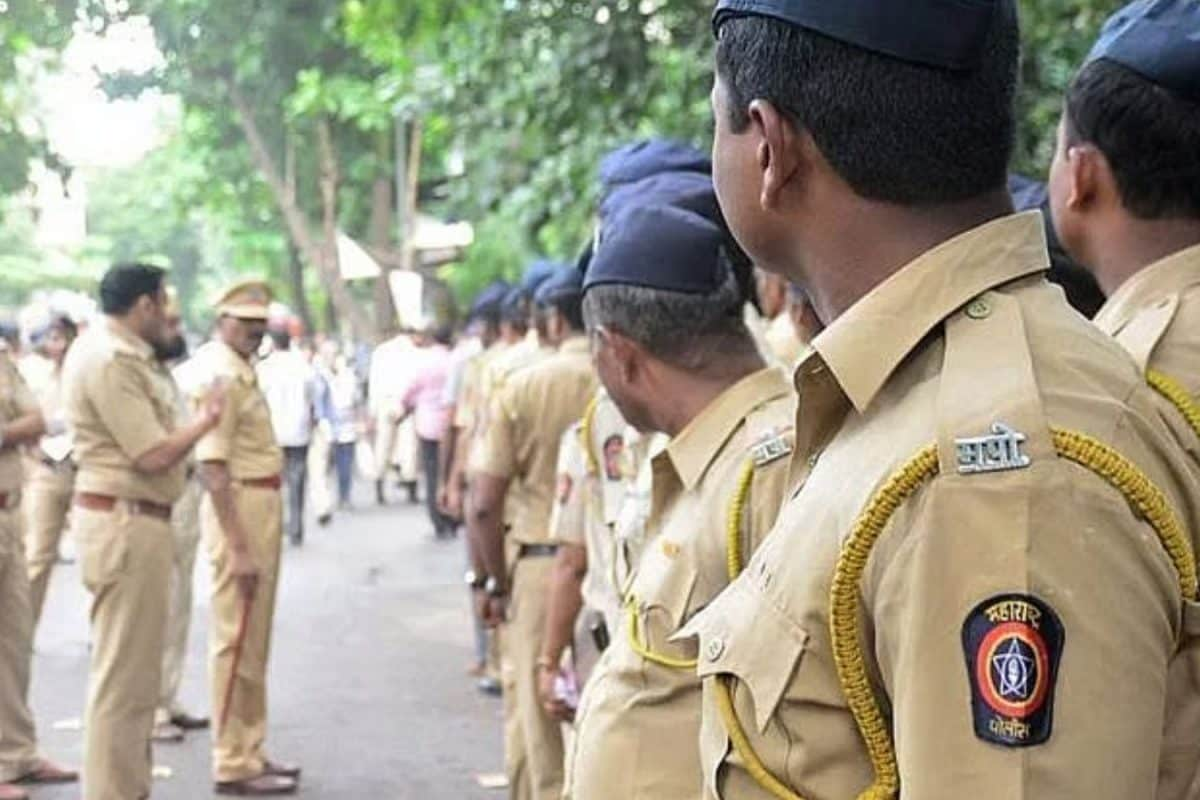

A senior bank official, Shivshankar Mitra, was found dead in Baramati, Pune district, Maharashtra, late Thursday night, in what police suspect is a suicide. Mitra, who was in his late 40s, was a chief manager at a nationalised bank. According to authorities, he hanged himself inside the bank premises after banking hours.
Police recovered a suicide note at the scene where Mitra cited work pressure as the reason for taking his own life. The note did not blame anyone specifically for his action. It also appeared that Mitra had been undergoing medical treatment.
According to the Baramati police, Mitra had resigned from his position on July 11, citing health issues and workload, and was serving his notice period. After banking hours on Thursday, Mitra asked all the staff to leave, saying he would close the branch. He had also asked a colleague to bring a rope earlier. The watchman left around 9:30 pm, and Mitra allegedly used the rope to hang himself around 10 pm. The incident was captured on the bank's CCTV cameras.
Mitra's wife grew concerned when he did not return home or respond to her calls. She went to the bank around midnight and noticed the lights were on. When she received no response from inside, she alerted the bank staff, who opened the branch and found Mitra's body.
In his suicide note, Mitra also apologized to his wife and daughter for ending his life and requested that his eyes be donated if possible. He also stated that every bank employee was contributing and that the bank should not put any work pressure on them.
Senior inspector Vishal Nale stated that a case of accidental death has been registered and that the police are investigating the matter further.
This incident is another in a string of suicides linked to workplace stress. In May, an employee at Ola's artificial intelligence unit, Krutrim, died by suicide, reportedly due to a toxic work culture and extreme pressure. The death of Anna Augustine, an EY (Ernst & Young) employee in Pune, also brought attention to work-related stress.